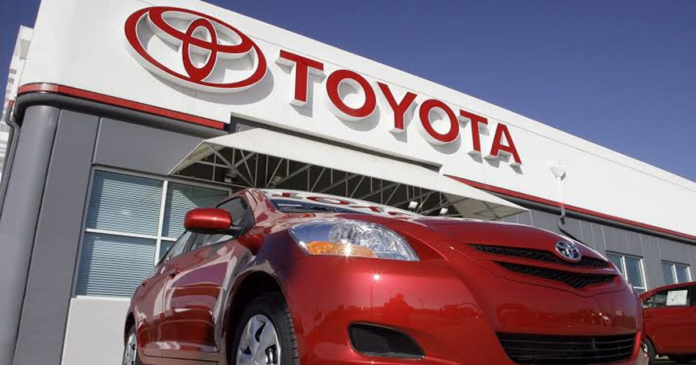Indus Motor Company (IMC) announced on Monday that its FY23 profit-after-tax (PAT) was Rs9.66 billion, down roughly 39% from the same period last year’s PAT of Rs15.8 billion due to reduced sales.
Indus Motor Company’s profit falls: In FY23, earnings per share (EPS) were Rs123, down from Rs201 in FY22. On August 25, the board of directors of the Pakistani firm that assembles Toyota vehicles gathered to discuss the company’s operational and financial results for the fiscal year that ended on June 30, 2023.
The corporation also announced a final cash dividend of Rs. 29 per share along with the outcome. This brings the total year divided to Rs71.8 per share, in addition to the already-paid combined interim cash dividend of Rs42.8 per share.
Indus Motor’s PAT increased by 19% on a quarterly basis.
The auto assembler reported sales of Rs177.71 billion in FY23 as opposed to Rs275.5 billion in FY22, a 35% decrease.
“For FY23, the topline faced a significant annual contraction of 35% due to a significant 58% decline in sales volumes, with 31.1k units sold compared to 74.5k units in the corresponding period,” according to a study from AKD Securities.
IMC’s gross margins decreased from 6.7% in FY22 to 4.5% in FY23. Due to the high cost of items sold in FY23, this is understandable.
Operating costs were essentially identical from FY22 to FY23, coming in at Rs4.49 billion versus Rs4.53 billion.
From Rs12.94 billion in FY22 to Rs14.18 billion in FY23, the company’s other income increased 10%. This is due to interest rate increases, according to AKD Securities.
Similar to this, Indus Motor saw a 23% increase in finance costs, from Rs114.3 million in FY22 to Rs140.73 million in FY23.
The company paid Rs7.13 billion in taxes during FY23 as opposed to Rs9.65 billion in FY22, however the effective tax rate increased to over 42% in FY23 as opposed to 38% in FY22.
car problems
Despite striking a last-minute agreement with the International Monetary Fund (IMF), Pakistan’s consumers and businesses continue to grapple with the same economic problems they did previously.
Particularly struggling economically is the nation’s auto industry, which also struggles to obtain the Letters of Credit (LCs) required for imports.
The sector is dealing with the LC issue in addition to decreased demand brought on by increasing pricing and historically high loan rates. A declining rupee is also not helpful.
The first month of the fiscal year 2023–24 saw a staggering 57% year-over-year (YoY) decline in car sales, according to information provided by the Pakistan Automotive Manufacturers Association (PAMA).
Only 5,092 units were collectively sold by the PAMA-registered automakers in July.
The results show that the monthly (MoM) decline was 16%.

